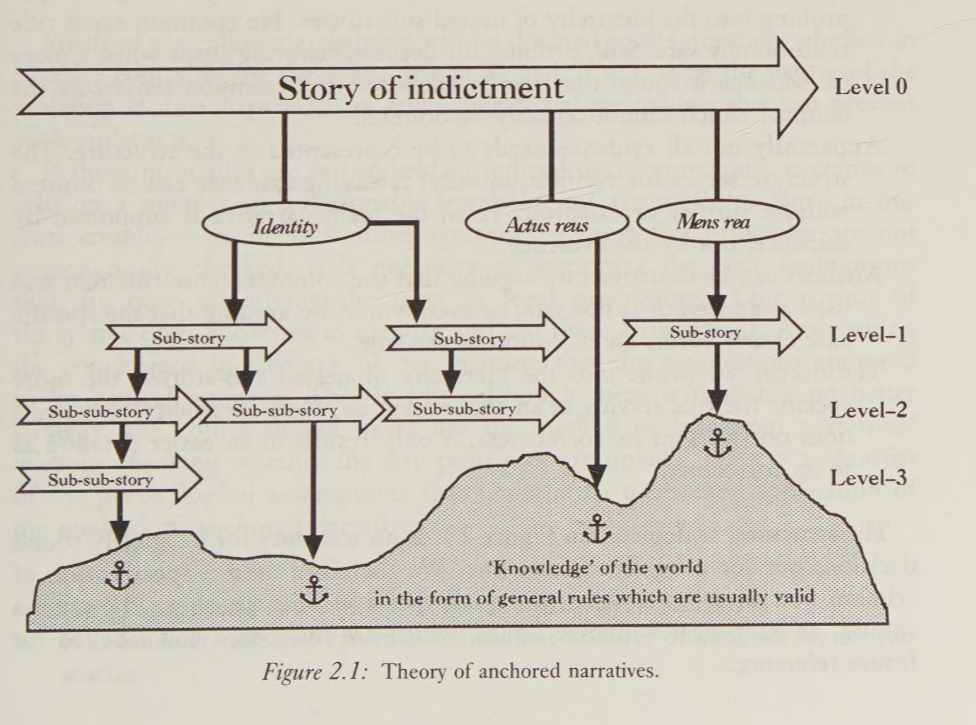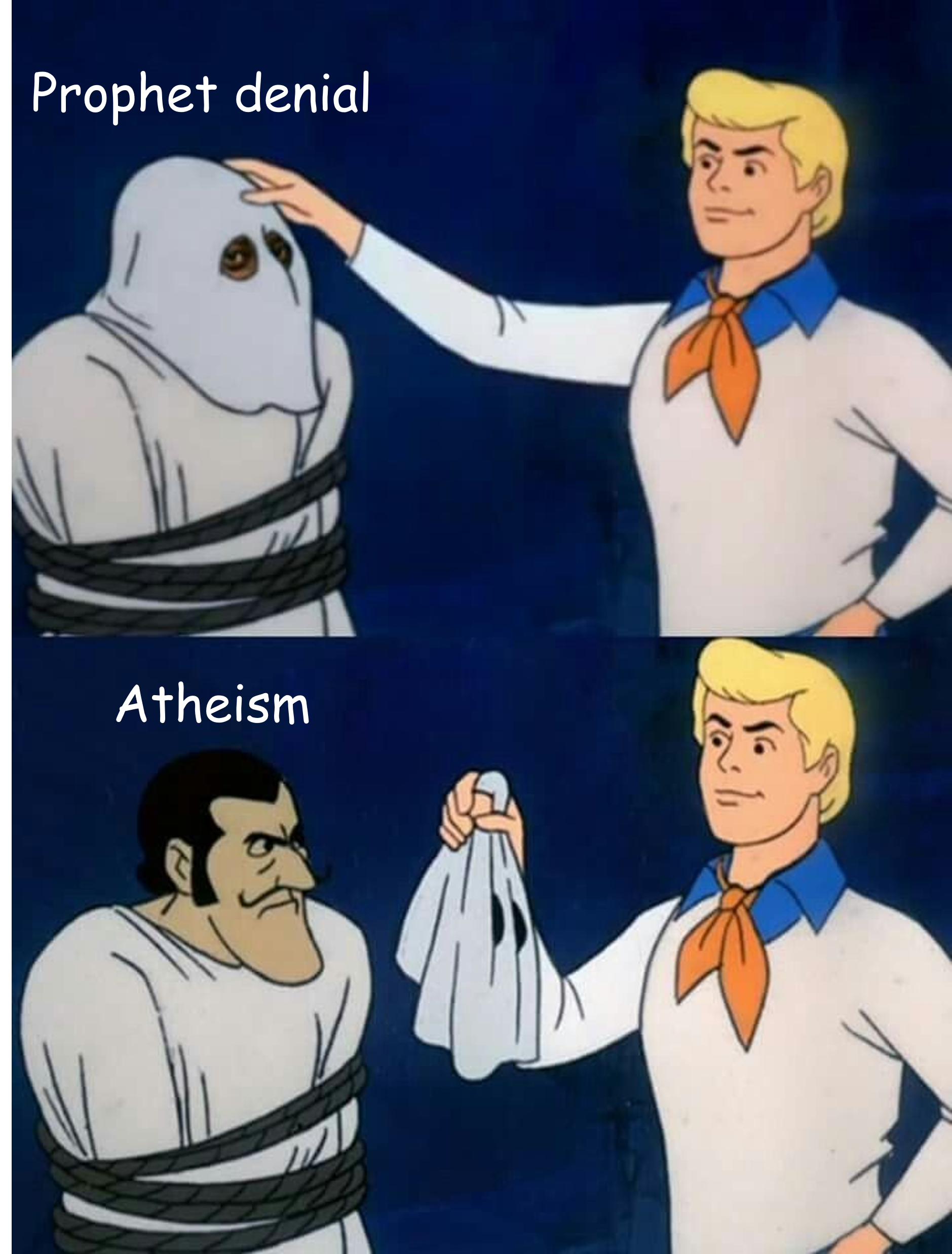Anchored Narratives is a 1993 book written by psychologists who were trying to understand wrongful convictions in courts of law. The authors examined 35 examples of dubious and clearly-wrongful convictions, trying to figure out how prosecutors manipulate judges and juries into accepting false narratives about people.

They developed a model to show that for each of the three elements of the criminal case (identity, act, intent) the prosecutors developed stories that are anchored. When a story is anchored, that means it speaks to the judge and jury’s commonly-held, unexamined assumptions about how the world works.
For example, If the basis for my case against Bill is that Bill made a confession to a crime, then I can show a jury that we have the right guy (identity) who did the thing (criminal act) and in his confession he explains what he was thinking (intent).
This narrative is anchored in an unexamined assumption that people don’t confess to crimes they didn’t commit. I mean, why would anyone do that, right? That’s not the way the world works!
Well, it turns out that people give false confessions all the time. But if I have never taken the time to interrogate my own assumption about how the world works (that people never confess to crimes they didn’t commit), then a prosecutor can exploit that anchor and lead me to convict an innocent man.
Brigham Young’s accusers exploit anchoring in order to lead people into prophet denial. Some of the anchors that they exploit:
- If someone believed wrong things, then they cannot have been a prophet
- To be mistaken is sinful
- God would never encourage or allow a prophet to obfuscate
- If lots of negative things can be said about a person or institution, then it is not of God
- If something seems unfair to me, then it’s bad
- God defines people by their worst moments
- If something is in the Journal of Discourses, then it’s accurate
- God judges people the same way I do
- Christ’s grace isn’t sufficient for this person I don’t like
- How I feel about someone is a good indicator of how God feels about them
…and more.
If these are your anchors – your unexamined notions of how the world works – and you are not willing to critically examine them, you are going to fall prey to influencers who also don’t do that work. They are going to lead you to atheism, because these are anchors that atheists apply first to religions, and then to God.
The logic of much of atheism is,
“If God real, then why <violated anchor> ?”

The logic of prophet denial is,
“If Brigham prophet, then why <violated anchor>?”

Next time you study your scriptures, look for
- The anchors that cause people to reject prophets,
- The anchors that cause people to reject Christ, and
- The anchors that cause people to reject God in general
One of President Nelson’s most famous quotes is, “in coming days, it will not be possible to survive spiritually without the guiding, directing, comforting, and constant influence of the Holy Ghost.” If you have the Spirit, you will be experiencing ongoing, constant adjustments and refinements to your anchors. And you’ll feel nauseated when you see influencers conducting malicious prosecutions of prophets who Christ has already long pardoned.

One thought on “How Brigham’s accusers use anchored narratives”